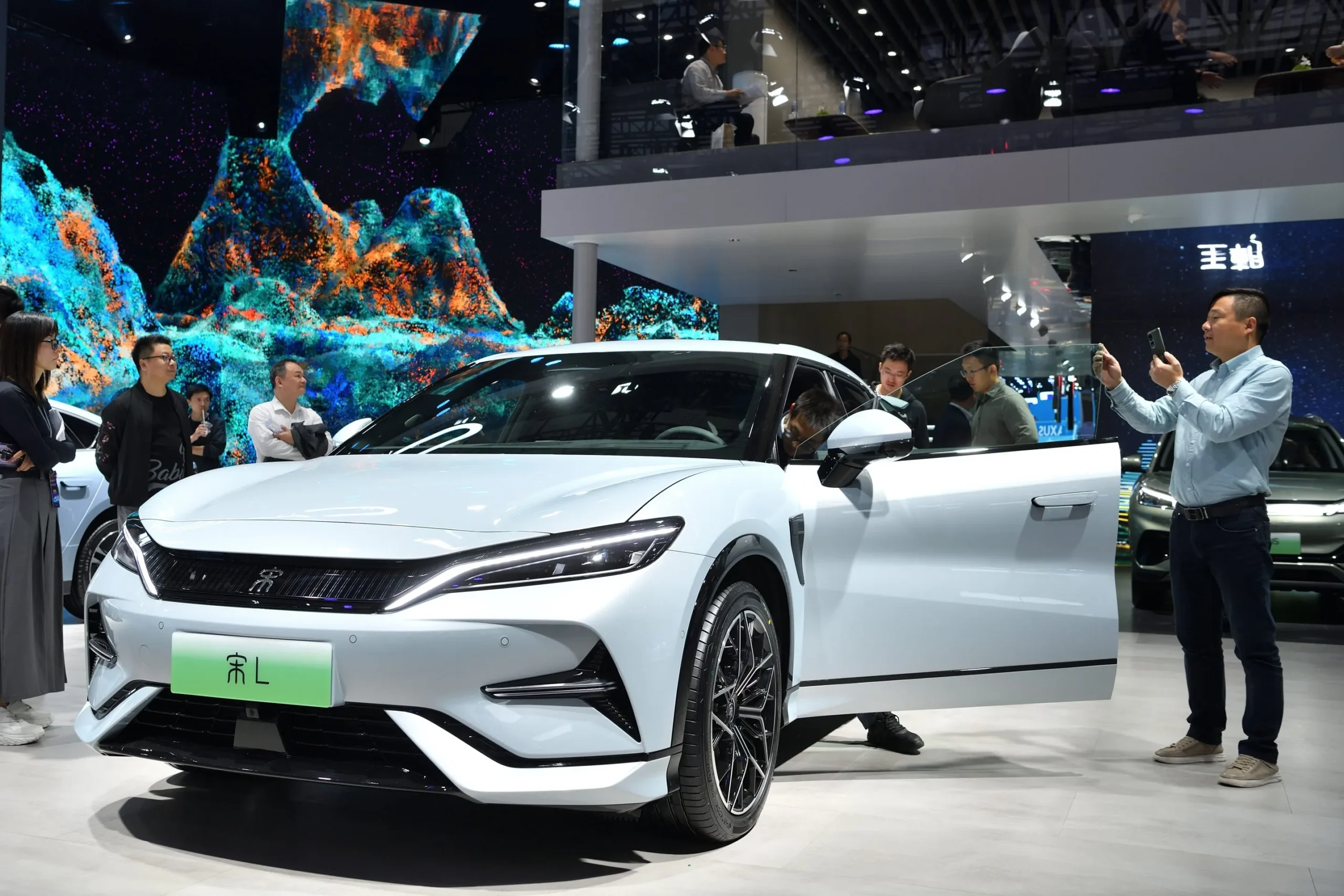Experience
I never imagined I’d live in a vehicle. The thought of tiny spaces, limited facilities, and constant mobility sounded extreme at first. But when I visited China last year, I noticed something fascinating: entire communities living comfortably in electric vehicles (EVs). Families, young professionals, even retirees had embraced this lifestyle—not out of necessity, but by choice.
Curiosity drove me to explore further. I spent weeks traveling with a couple who had converted their electric van into a fully functional home on wheels. From solar-powered charging stations to smart EV energy management, the experience was eye-opening. Life on the road wasn’t just possible—it was efficient, eco-friendly, and surprisingly comfortable.
Seeing children play safely around EV parks, neighbors sharing meals, and people working remotely from their mobile homes, I realized that living in electric vehicles in China was more than a trend—it was a new cultural phenomenon, reshaping the way people think about mobility, sustainability, and community.
Introduction
The concept of living in electric vehicles is gaining traction in China, driven by rapid urbanization, soaring housing costs, environmental concerns, and advances in EV technology. Unlike traditional RV living, EV living combines mobility with green energy, making it an attractive lifestyle choice for eco-conscious urbanites.
China is the world leader in EV production, infrastructure, and adoption, making it the perfect environment for this lifestyle to flourish. With compact EV models, solar-charging options, and smart energy management, residents can enjoy comfort, independence, and sustainability simultaneously.
This review explores why EV living is becoming popular in China, its main features, benefits, challenges, and future potential, and why it may represent the future of urban mobility.
Main Features
1. EV Design for Living
-
Compact Yet Functional: Modern EVs are designed with modular interiors that accommodate sleeping, cooking, and storage spaces.
-
Energy Efficiency: Electric power reduces fuel costs, and battery technology allows for longer range and smarter energy usage.
-
Integration of Technology: Smart apps track battery life, charging stations, and energy consumption in real-time.
2. Eco-Friendly Benefits
-
Reduced Carbon Footprint: EV living minimizes greenhouse gas emissions compared to gasoline-powered RVs.
-
Solar Charging: Many EVs are equipped with solar panels for energy independence.
-
Urban Sustainability: Reduces pressure on urban housing and supports environmentally responsible living.
3. Community and Social Aspects
-
EV Parks & Campsites: Designated areas where EV residents gather, socialize, and share resources.
-
Shared Resources: Solar-powered amenities, communal kitchens, and coworking spaces.
-
Support Networks: Online forums, local EV clubs, and social media communities provide tips and connections.
4. Cost and Convenience
-
Affordable Housing Alternative: Eliminates expensive urban rent or mortgages.
-
Mobility Advantage: Travel anywhere without losing home comforts.
-
Maintenance & Energy Savings: Lower operational costs compared to traditional vehicles or apartment living.
5. Challenges
-
Charging Infrastructure: Still developing in rural areas; requires planning.
-
Space Constraints: Small EVs demand efficient organization and minimalism.
-
Regulations: Parking, residency laws, and urban restrictions may limit mobility in some cities.
6. Future Potential
-
Smart Cities Integration: EV living aligns with smart city designs, sustainable transport, and green urban planning.
-
Technological Advancements: Longer battery life, faster charging, and AI-assisted mobility solutions.
-
Lifestyle Transformation: Encourages minimalism, remote work, community engagement, and sustainable choices.
Conclusion
Living in electric vehicles in China is more than a novelty—it’s a strategic, sustainable, and culturally significant lifestyle. Combining mobility, eco-friendliness, affordability, and community, it offers a glimpse into the future of urban living.
Final Verdict: ⭐⭐⭐⭐⭐
-
Mobility + comfort in a compact EV home
-
Eco-friendly, energy-efficient, and sustainable
-
Community-focused lifestyle with social benefits
-
Cost-effective alternative to traditional urban housing
EV living is shaping the future of transportation and urban culture in China, offering lessons for cities worldwide.
